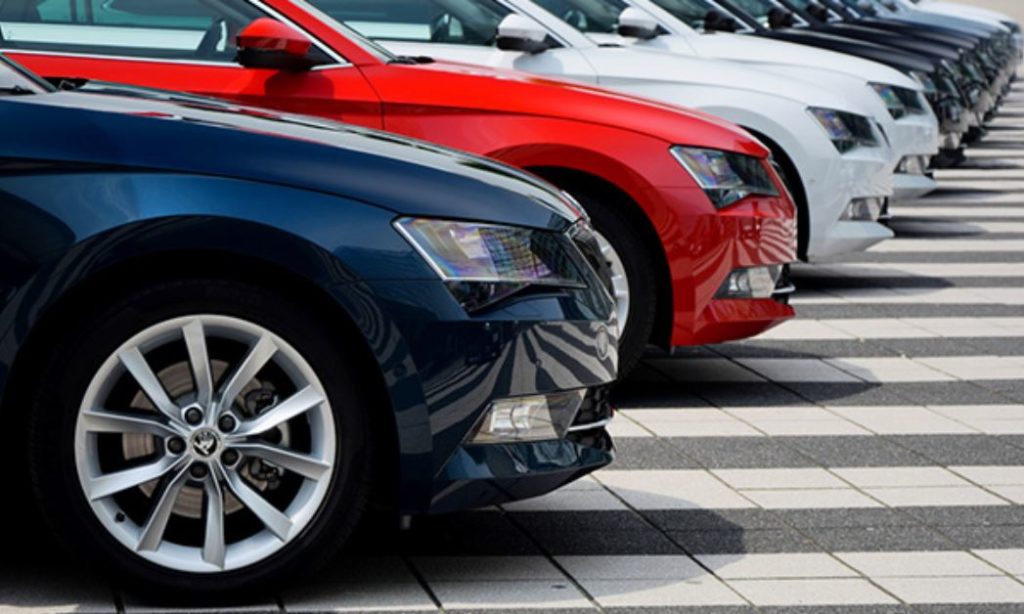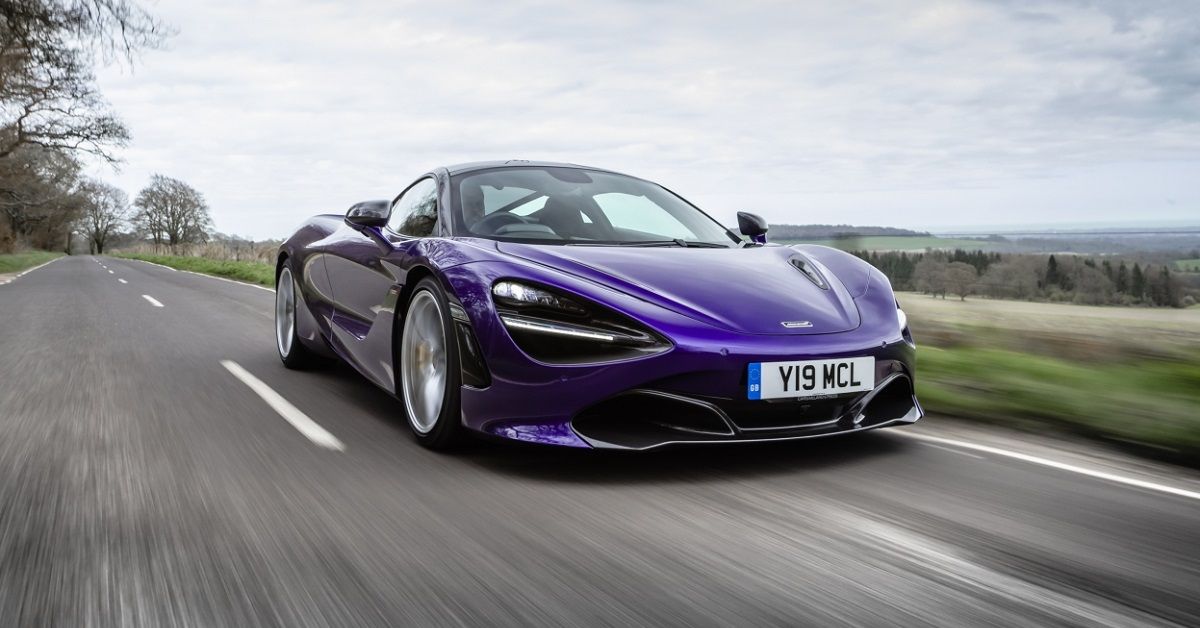Understanding Sports Car Depreciation
Get informed on sports car depreciation trends to maximize your investment in a used high-performance vehicle.

Stepping into the world of sports car ownership is a thrill like no other. But along with the rush of the open road comes a reality that many new owners grapple with: Sports car depreciation. Like all vehicles, sports cars lose value over the time. But did you know that this depreciation can vary widely depending on the make and model of your dream car? Or that expert insights may help you protect your luxury investment? Let's dive in and explore.
Unpacking the Mystery of Sports Car Depreciation
In order to fully grasp the concept of sports car depreciation, it's vital to understand several factors including the car's initial price, age, condition, and the brand’s prestige in the market. To put it simply, depreciation is the reduction in the value of a car due to wear, tear, outdated technology, and market factors over a period of time.
Table of Contents
- Understanding Depreciation
- Key Factors Affecting Depreciation
- Brand Impact on Sports Car Depreciation
- Model-Specific Depreciation: A Close Look
- The Value in Rarity
- Future Trends in Sports Car Depreciation
- Tips to Mitigate Sports Car Depreciation
Understanding Depreciation

The concept of depreciation may seem daunting to anyone who isn't well-versed in the world of economics or automobiles. Nevertheless, it’s essential for sports car enthusiasts and potential buyers alike. Depreciation essentially refers to the lost monetary value of an asset over time. In the case of sports cars, this asset is, of course, the car itself.
Cars are depreciating assets. That means they lose value the moment you drive them off the dealer's lot. Devaluation continues as the car ages and accumulates mileage. Furthermore, it's usually faster in the initial years of the car's life. This is what we call sports car depreciation.
Key Factors Affecting Depreciation
Several factors can influence a sports car's depreciation curve. These can often dictate whether your dream car might be a surprising source of value or a black hole for your hard-earned cash in the long run.
The Driving Factor: Mileage
If there's one factor that can dramatically change the rate of depreciation, it's mileage. The more miles a car covers, the more wear and tear it endures, resulting in a higher rate of depreciation. A sports car driven only occasionally will likely appreciate more slowly than one clocking up daily miles.
Brand Impact on Sports Car Depreciation
The brand of your sports car can significantly impact its depreciation rate. Some luxury brands are known for their cars holding their value better than others due to their reputation, quality, performance, and exclusivity.
- High-End Brands: Some elite brands like Ferrari, Lamborghini, or Bentley are known for their slower rates of depreciation. The combination of high-quality craftsmanship, exclusive production numbers, and a long-standing reputation for luxury helps these models hold their value over time.
- Mass-Market Brands: On the other hand, sports cars from brands such as Chevrolet, Ford, or Nissan may depreciate faster. These manufacturers produce more cars at lower prices, which often accelerates depreciation.
However, that's not to say that all luxury cars fare better: high maintenance costs or unforeseen quality issues can still drive up their depreciation rate. It all boils down to the brand's standing in the market, the specific model, and external demand factors.
Model-Specific Depreciation: A Close Look
Even within a single brand, depreciation rates can vary significantly from one model to another. Factors like model popularity, production numbers, initial costs, and even the relative success of updates or successor models can swing the depreciation pendulum in different directions.
In the sports car sphere, "mass-market" models—those produced in higher numbers and typically at lower price points—tend to depreciate faster than their rare or "limited edition" counterparts. This is partly because scarcity drives up demand and partly because these models often appeal to a more dedicated (and, therefore, more stable) group of enthusiast owners.
The Value in Rarity
Rarity, as the term suggests, refers to how uncommon a particular sports car model is. The principle of basic economics dictates that scarcity boosts demand, and the world of sports car sales is no different. Limited-edition sports cars or those associated with significant automobile history often depreciate at a slower pace. One might even observe some rare classics appreciate over time—emerging as "investment-grade" automobiles. However, these cases are far from the norm, and cautious consideration should be exercised when making such an investment.
Let's be clear, rarity doesn’t always equate to value. Just because a car is hard to find doesn't automatically make it desirable. It’s the combination of scarcity with factors like sought-after specifications, brand, and model lineage that can sometimes slow—or even reverse—depreciation over time.
Future Trends in Sports Car Depreciation

The future trends in sports car depreciation increasingly lean toward the influences of advancements in automotive technology and market demand. As manufacturers continue to develop and release state-of-the-art features and as buyer preferences change, depreciation patterns are bound to shift.
Electric Revolution
The electric cars revolution has ushered in a new era with its own set of depreciation factors. Early electric vehicles (EVs) had high depreciation rates driven by concerns about battery longevity and outdated technology. However, as technology improves and mainstream acceptance of EVs increases, the depreciation rates of newer models may normalize or even decrease over time.
The introduction of luxury electric sports cars from brands like Tesla, Porsche, and Rimac are a testament to this trend. However, just like with their internal combustion counterparts, factors like brand reputation and the relative rarity of specific models and options will continue to play a role in depreciation rates.
Tips to Mitigate Sports Car Depreciation
While it might not be possible to completely avoid depreciation, being aware of specific factors can help mitigate it to a certain extent. Here are a few tips to help you ensure your sports car maintains as much of its value as possible:
- Maintain Your Car Well: A well-maintained car usually depreciates less. Regular servicing, using quality parts, and taking care of your vehicle's interior and exterior can go a long way.
- Choose Your Options Wisely: Some features retain value better than others. For instance, in higher-end cars, options such as premium leather, advanced infotainment systems, and performance-enhancing upgrades can help maintain value.
- Buy Used: Buying a used sports car lets someone else bear the brunt of the initial depreciation.
- Hold For Longer: Keep your sports car for more time to spread the cost of depreciation and enjoy driving it.
Wrapping It Up
Sports car depreciation is an inevitable part of owning these high-performance machines. However, understanding how different factors like brand, model, rarity, and emerging trends influence depreciation can help potential owners make smarter decisions.
Becoming informed is the first step towards making a sound decision in the realm of sports car ownership. And just remember, the true value of a sports car lies not only in its monetary worth but also in the exhilaration and pleasure derived from the drive.
What's Your Reaction?


































































